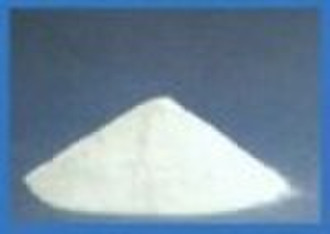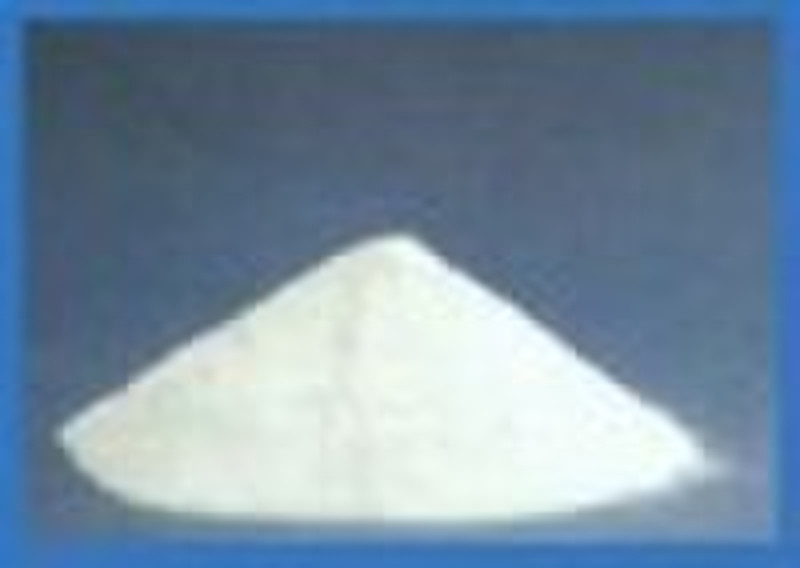Catalog
-
Catalog
- Agriculture
- Apparel
- Automobiles & Motorcycles
- Beauty & Personal Care
- Business Services
- Chemicals
- Construction & Real Estate
- Consumer Electronics
- Electrical Equipment & Supplies
- Electronic Components & Supplies
- Energy
- Environment
- Excess Inventory
- Fashion Accessories
- Food & Beverage
- Furniture
- Gifts & Crafts
- Hardware
- Health & Medical
- Home & Garden
- Home Appliances
- Lights & Lighting
- Luggage, Bags & Cases
- Machinery, Hardware & Tools
- Measurement & Analysis Instruments
- Mechanical Parts & Fabrication Services
- Minerals & Metallurgy
- Office & School Supplies
- Packaging & Printing
- Rubber & Plastics
- Security & Protection
- Service Equipment
- Shoes & Accessories
- Sports & Entertainment
- Telecommunications
- Textiles & Leather Products
- Timepieces, Jewelry, Eyewear
- Tools
- Toys & Hobbies
- Transportation
Filters
Search
konjac gum

Kelly Xue
Contact person
Basic Information
Konjac refined flour refers to the kind of konjac flour, which is obtained by successive wet processing of fresh konjac corm followed by treatment with alcohol. The content of glucomannan, its primary constituent, is above 75%. This product is whitish in color and fine and uniform in mesh size (60- to 120-mesh), with fairly good viscosity, translucency, disparity in water, and a slight flavor characteristic of konjac. It also has good gumming, thickening, water-retaining and film-forming properties and health-promoting functions. Konjac refined flour can be combined with karrageenin, xanthan gum or pectin as well to form a composite gum and used as food additives, quality improvers and preservatives. Konjac refined flour can be made into konjac tofu, konjac cake, konjac noodles and other konjac-based foods. It is now widely employed in chemical, pharmaceutical, petroleum and light industries. Konjac gum is a natural hydrophilic colloid with high purity, which is produced by fine subdividing top-grade konjac fine flour and purifying it with physical procedures. This product is free of alkaloid and has no discernable taste. The content of its major constituent, konjac glucomannan (KGM) ranges from 75% to 87%, or from 85% to 98% on dry weight basis. Compared with konjac fine flour, this product performs even better in purity, viscosity and transparent, and has finer particles (>120 mesh). It is more purely white in color and reacts more rapidly in dissolution and gum-formation. Owing to its outstanding physicochemical properties, this product is finding ever-widening applications in food, pharmaceutical, cosmetics, chemical, light, petroleum, textile printing and construction industries. It has a particularly large potential for development in the industries of food, pharmaceutics and cosmetics as a superior natural raw material of plant gums.
Delivery terms and packaging
Port: Qingdao
Payment term
Documents Against Payment
Letter of credit
Telegraphic transfer
-
Payment Methods
We accept:









